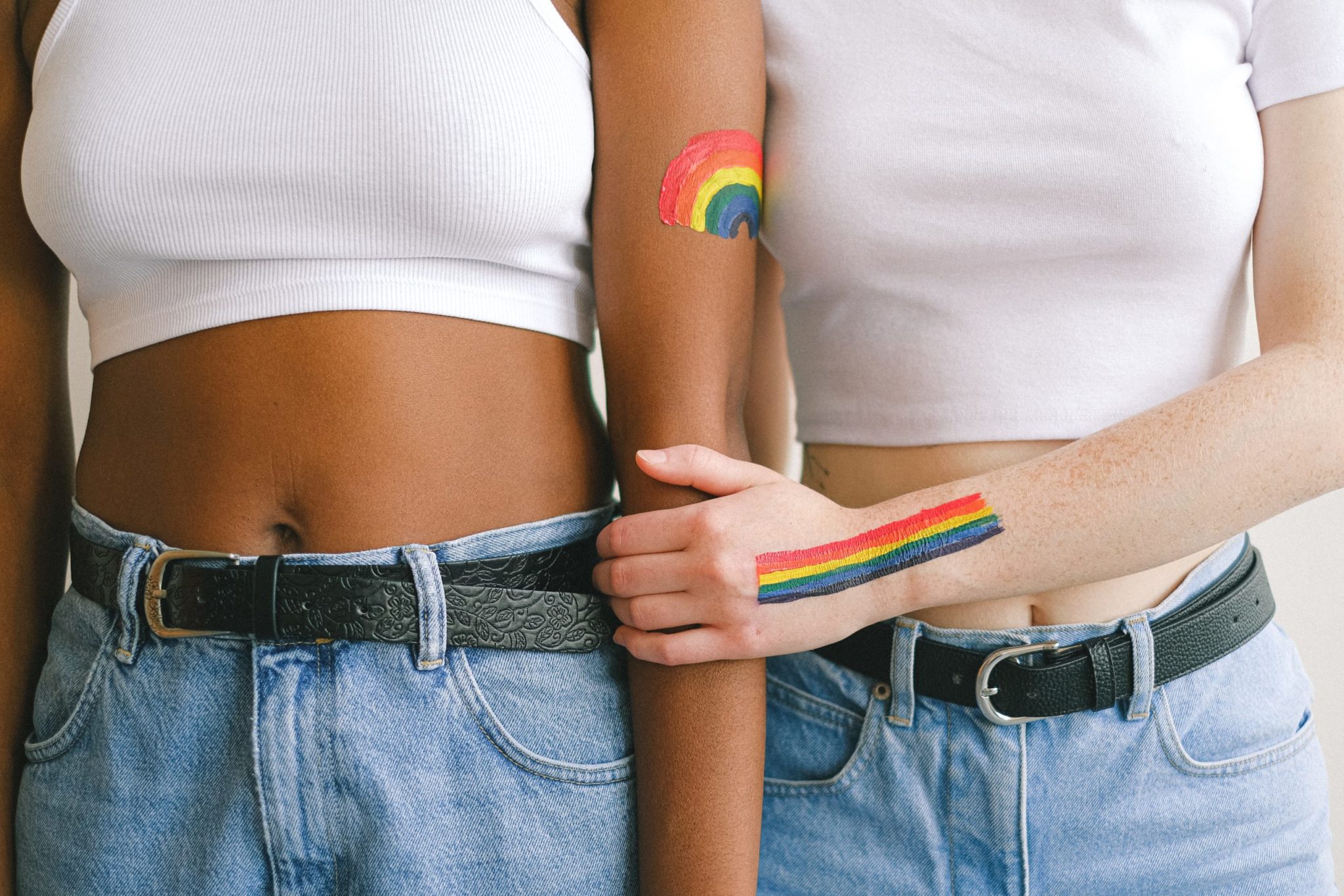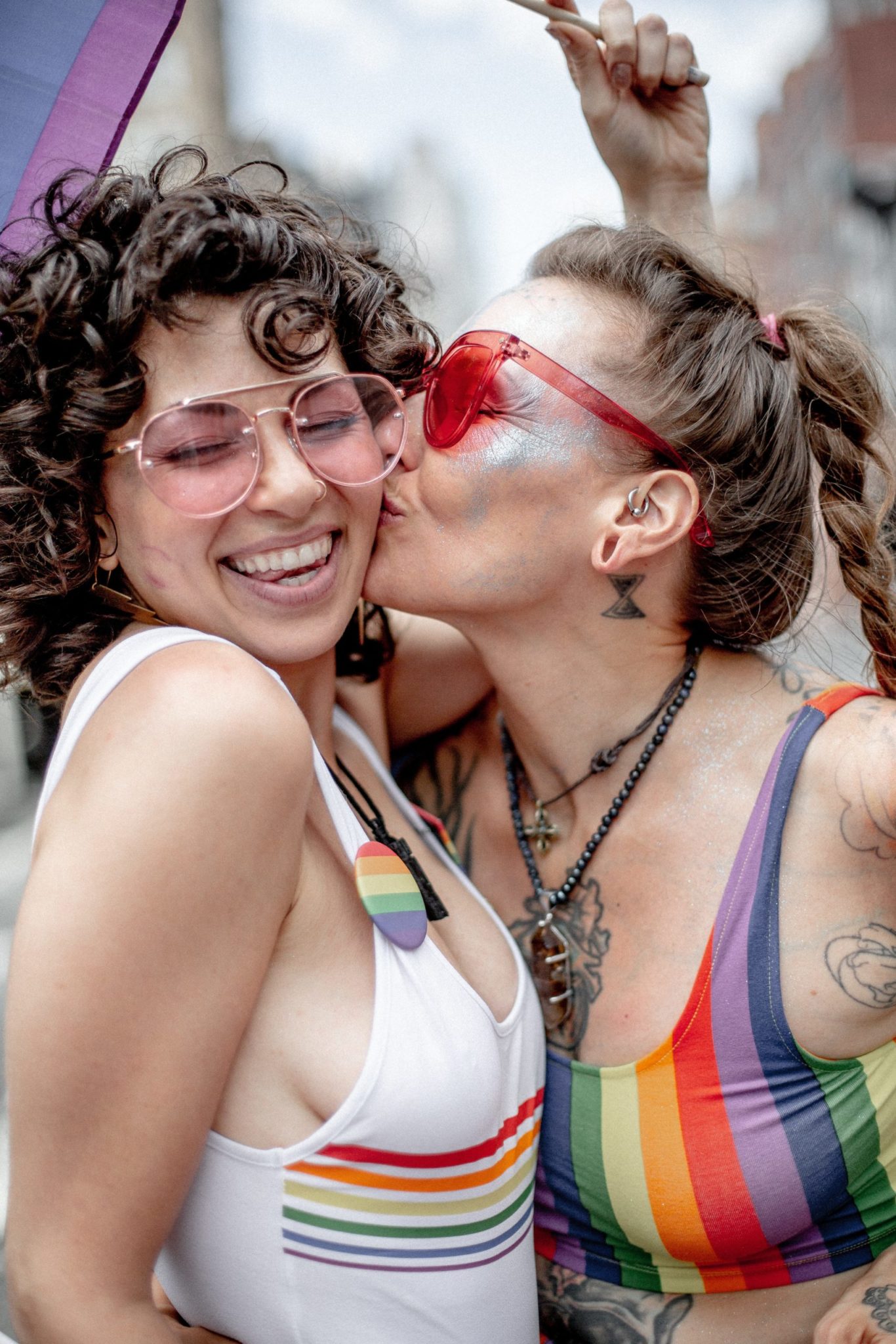Happy Bi Visibility Day! If you’re newly exploring your bi identity, you might find yourself feeling not “queer enough” or afraid to fully claim it. Our founder Lorrae Bradbury chatted with Jennie Roberson of Bi.org in an enlightening interview to explore coming out later in life, navigating queer identity, and overcoming shame and fear. Here’s an excerpt…
“I knew from a very young age that I wasn’t just interested in boys, but I didn’t understand or have words for it. I didn’t see any bi representation around me and thought I just had to pick one. So, fell back into a heteronormative model.
But it felt like I was shoving something down, creating even more shame on top of the cultural shame, because I was hiding a piece of myself.
Later, I started exploring my sexuality, but in a performative way with male partners. Am I just enjoying it because I’m fulfilling somebody else’s fantasy? Or is this something within me that I’ve been shutting down my whole life?
I started exploring on my own, separate from the male gaze, and realized I feel very fluid and love all different types of gender expressions.
I had a lot of fear around coming out because I had hidden it for so long. I almost felt like… am I a traitor that I didn’t understand this sooner? Or am I just appropriating queer culture? Since I’m femme-presenting and I’ve dated mostly cis-male partners, I felt like a bad queer. That I’m not “queer enough” to claim it.
Connecting with sex-positive communities and reading other peoples’ experiences really helped. The interviews on bi.org made me realize I’m not alone in coming out later in life, not understanding my identity sooner, or feeling like I had to conform.
I want to change the narrative. It’s okay to embrace it; you don’t have to hide because you feel like you’re not queer enough, or because it’s scary. I feel so much better now being open and finding the people that love and support me for who I am, versus hiding pieces of myself to fit a mold.”
Read the full interview at Bi.org for more, including insights on bi-erasure, fetishization, misconceptions, fears, and even SESTA/FOSTA, censorship, and inclusive care. Share your story below!


